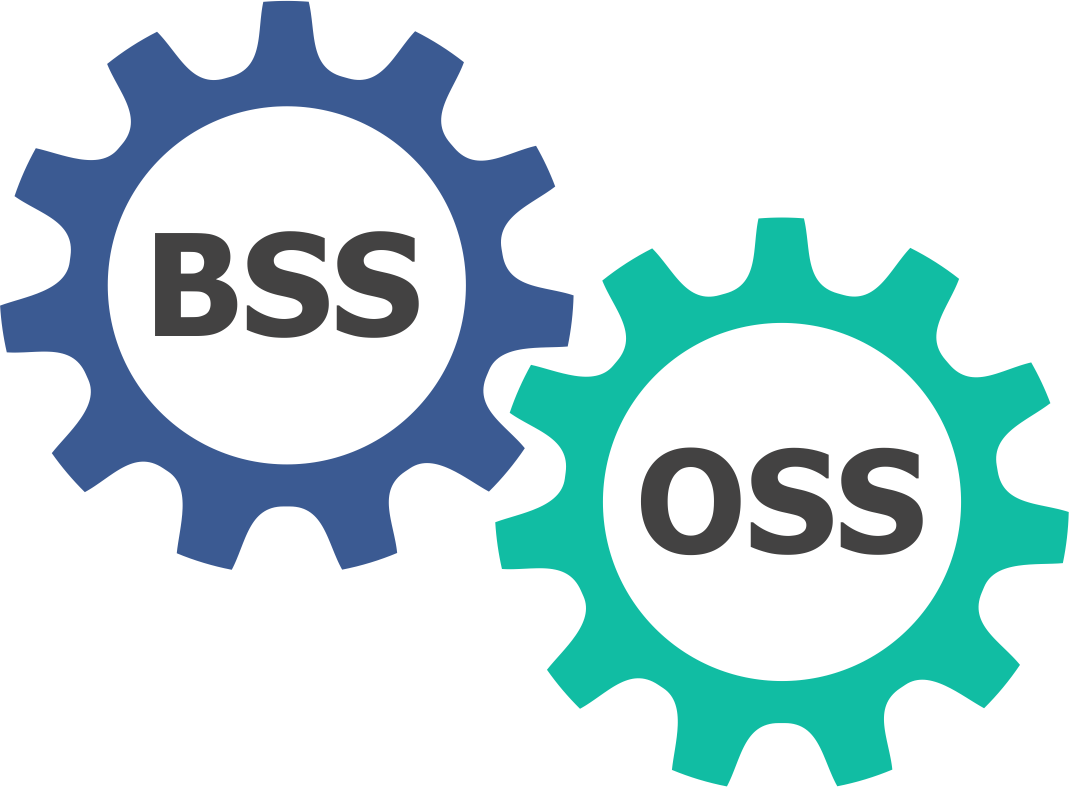Software modules
Cloud hardware management:
CloudManager module is responsible for managing cloud hardware, which extends the functions of the OpenStack platform related to managing cloud infrastructure hardware resources - computing nodes. The CloudManager module allows:
- Assignment of extended attributes for a computing node (inventory number, location);
- Management of PXE images of computing nodes;
- Monitoring the state of computing nodes in real time and starting automatic evacuation;
- Power control for computing nodes;
- Creation and management of backup nodes;
- Collection of Cinder Block Storage Information and management local Shared Storage.
Integration of software-defined and classic storage systems:
StorageSpace provides the opportunity to work with Cinder block devices on shared LVM storage without using ISCSI. The system allows to abstract from the physical storage level, which solves the problem of compatibility of storage drivers of different vendors.
This unified system allows to combine different types of storage systems into one storage space and provide them as a single space.
Virtualization Management and Scheduling:
Scheduler is module that provides delayed launch of the functions of other modules or the OpenStack platform. Scheduler allows to:
- create deferred actions,
- schedule repeating tasks,
- automate operations of the same type.
Software Platform Deployment:
OpenStack Heat is used to manage the entire life cycle of infrastructure and applications in the OpenStack based clouds. Heat also provides an automatic scaling service.
Heat templates are integrated with software configuration management tools such as Ansible, Puppet, SaltStack, and Chef.
Virtual Desktop Management:
RSServer is a module that allows to organize a centralized infrastructure of remote desktops (VDI), which provides virtual or remote computers based on a single platform, as well as access for end users to any Windows / Linux and web resources within a unified workspace. RSServer features:
- Support for operating systems as client OS - Linux, MS Windows;
- Support for non-virtualized client environments;
- Compatible with containers and bare metal servers;
- Printers Support;
- Dynamic desktop creation upon user request;
- Support for forwarding graphic cards in instances.
 Managing guest OS images:
Managing guest OS images:
The AppLevel module allows to collect, support and maintain extensive libraries of complete images from clean images of operating systems and sets of ready-made components - driver and application layers.
The layer assembly system is responsible for storing, managing and delivering finished gold images with layers to the user. The layer preparation system provides engineers with the means to create layers, and the component for working with instances is useful for administrators wanting to get (and in the future deliver) layers from instances working on remote hypervisors without interrupting their work.
Resource Ordering System:
AccentOS includes modules for automation of Operation Support System (OSS) processes and automation of Business Support System (BSS) flows inside / outside the enterprise.
OSS automation modules allow:
- perform all operations on allocation of cloud quotas to the corresponding project in automatic mode,
- configure resources and notify the project administrator,
- enable accounting system (pre-billing) for data collection,
- enable monitoring system.
BSS automation modules allow:
- organize the acceptance and change of applications for cloud quotas,
- organize the internal process of coordination and allocation of resources at the enterprise for interested parties,
- organize informing the project administrator about the resources used and other important events.


